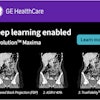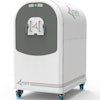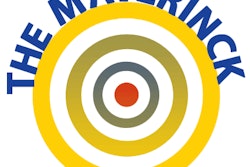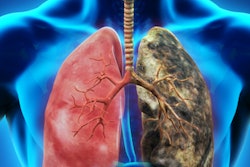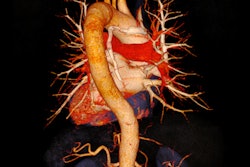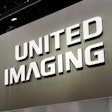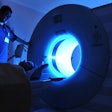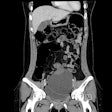Dear AuntMinnieEurope Member,
For many years, the Karolinska in Stockholm had an immense aura about it. This stemmed from it being the home of the Nobel Prizes and from the high quality of its medical and scientific research.
I spent a day at the university hospital in 1996, touring the radiology department and sitting in on a multidisciplinary team meeting. It was an inspiring visit, but sadly its lofty reputation has taken a serious battering since then. It's been hit hard by numerous recent reports of scandal and corruption. To find out more, read the latest column from the Maverinck.
Among German technology bloggers, Sascha Lobo is a pretty big name. He's shared his views on digital change and artificial intelligence with members of the radiology community. Don't miss our news report in the Artificial Intelligence Community.
Healthcare professionals need to do a great deal more to ensure that requests for CT scans of the aorta are appropriate, according to U.K. researchers. They found many request cards are completed poorly, lacking accurate and complete clinical information. This situation is of serious concern, given the radiation dose administered in these exams and the growing pressure on resources. Go to the CT Community.
Meanwhile, the latest data from the Multicentric Italian Lung Detection trial have been released. Biennial CT lung cancer screening is just as effective as annual screening in reducing the risk of lung cancer and all-cause mortality, the authors noted.
There's good news this week for women undergoing breast MRI. Shorter examinations are on the horizon after a German-Austrian study found that diffusion-weighted imaging can help to streamline breast MRI protocols.
Also in the Women's Imaging Community, you can read about the discovery by Norwegian researchers that screening digital breast tomosynthesis requires less compression and pressure than digital mammography.


